
The 2,300-km Great Barrier Reef has lost more than half of its corals as a consequence of rising ocean temperatures due to global warming. The reef also suffered two mass bleaching events in 2016 and 2017. Given the damage, UNESCO’s World Heritage Committee had proposed that the Great Barrier Reef be put under ‘in danger’ category. However, the Australian government, on July 23, managed to avoid a downgrade of the Great Barrier Reef’s World Heritage status after a concerted lobbying effort by Canberra.
Now, the Australian government will have to submit an updated progress report in 2022. It is being said that Australia didn’t want the ‘in danger’ status for the Great Barrier Reef—which draws a huge tourist turnout every year—as it might affect the post-pandemic visitors.
But tha...
Read More

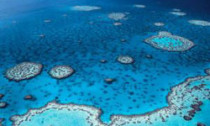
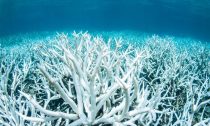
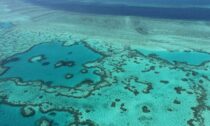
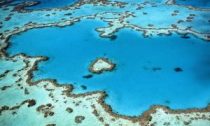
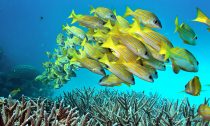
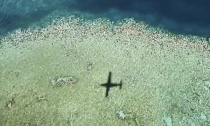

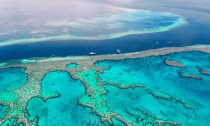
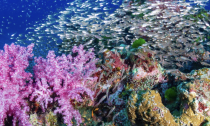


Social Profiles